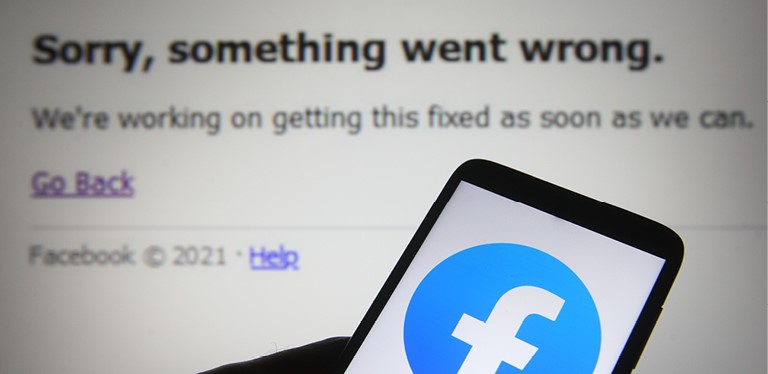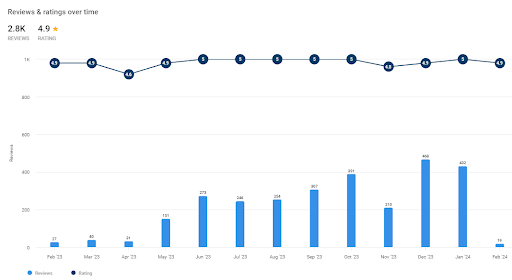
Stay Scam-Savvy: Protect Your Brand and Customers This Holiday Season

Stay Scam-Savvy:
Protect Your Brand and Customers This Holiday Season

Shelley Gulley
The Cowbell Agency
The holiday season is bustling with online activity, from shopping sprees to festive promotions, making it a prime time for scammers. At Cowbell Agency, we understand the digital landscape and how these scams can disrupt your marketing efforts and erode customer trust. Here are key 3 insights and actionable tips tailored to help your business and customers navigate these threats effectively.
1. Phishing and Smishing: Safeguard Your Communication Channels
Scammers increasingly impersonate trusted brands through fake emails (phishing) and SMS messages (smishing) to trick customers into sharing sensitive information.
How It Affects Your Business:
- Fake messages pretending to be from your brand can damage your reputation and create distrust among your audience.
- Customers who fall victim may hold your business accountable, even if you’re not directly involved.
Tips for Protection:
- Educate Your Audience: Use email and social channels to inform your customers that your brand will never request sensitive information like passwords or payment details via email or text.
- Monitor for Impersonation: Regularly search for fake domains or social profiles mimicking your brand and report them immediately.
2. Fake E-commerce Sites and Social Media Ads
Scammers have become adept at creating deceptive websites and ads, often mimicking well-known brands or tailoring their tactics to specific industries. They target online shoppers by leveraging social media’s reach, crafting convincing promotions that lure users to fraudulent sites aiming to steal personal data or payments. Safeguard your reputation by creating clear, authentic advertisements that use secure links and emphasize trustworthiness.
How It Affects Your Business:
- Scam websites using your branding or similar designs can mislead customers, tarnishing your brand’s reputation.
- Deceptive social media ads can erode trust in legitimate ads from your business.
Tips for Protection:
- Leverage Social Media Monitoring: Use tools to scan for fraudulent ads or posts misusing your brand assets. Platforms like Meta provide reporting tools to combat this.
- Craft Transparent Ads: Ensure your social ads have clear, verified links and recognizable branding elements to set them apart from potential scams.
- Encourage Safe Practices: Share educational posts with your audience about how to spot and avoid fake websites, including looking for HTTPS, verifying domains, and reviewing seller credibility.
3. Gift Card Scams: Protect Your Promotions
Gift cards are a holiday favorite, but they’re also exploited by scammers who target both businesses and customers with fake promotions or misuse gift card balances.
How It Affects Your Business:
- Scammers may create fake promotions claiming to offer free or discounted gift cards in your business’s name.
- Fraudulent gift card activity can cause customer complaints and loss of trust in your legitimate offerings.
Tips for Protection:
- Secure Your Gift Card Program: Use unique redemption codes and transaction monitoring to spot irregular activity.
- Verify Promotions: Encourage customers to check your official website or social media for legitimate gift card offers.
Conclusion
Keep the Holidays Scam-Free
At Cowbell Agency, we’re here to help you stay ahead of these challenges. By taking proactive steps, you can protect your brand, maintain customer trust, and ensure that your marketing efforts drive joy, not jeopardy, this holiday season. Reach out to us to learn how we can strengthen your digital strategies and safeguard your campaigns!
Merry Christmas!
Source: https://www.acamstoday.org/holiday-scams-to-watch-out-for-in-2024/












